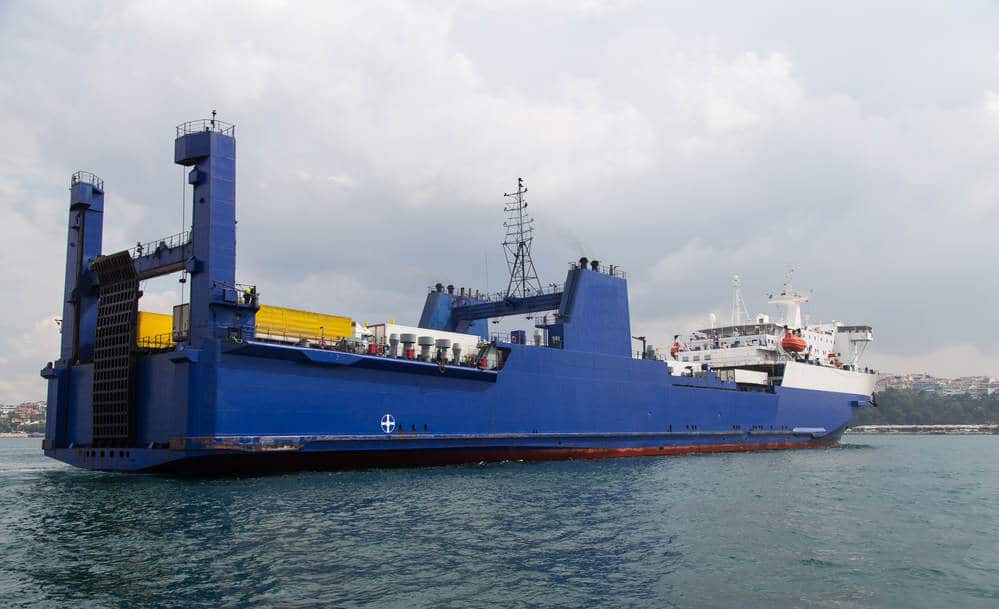With car shipping becoming the preferred method of auto transport overseas, the process itself is becoming more streamlined and time-efficient. For shippers who want to plan their budget in advance, account for additional expenses and be able to have a definite departure/arrival schedule, it’s necessary to get informed about the basics of international car shipping.
By being familiar with the basic terminology, you will understand the process better and know exactly what you are dealing with. As a result, you will have your car shipped overseas within the timeframe that is convenient to you. This is especially beneficial if you will be shipping your car to one country and register it in another, or if you are planning to move from the USA.
Let’s take a look at the overview of international car shipping terminology.
Freight Forwarder
A freight forwarder is the shipping company which will arrange for the ocean freight and also manage the export documentation (including ‘’House Bill of Lading’’, find out more about it below). Also, this is the company that can transport your car from the pickup point to the departure port.
House Bill of Lading
‘’House Bill of Lading’’ is a document that shows the information related and specific to your shipment, for example, your name. Only shipping companies that are licensed by the Federal Maritime Commission can issue their own House Bill of Lading and arrange for customs clearance.
Federal Maritime Commission (FMC)
The Federal Maritime Commission is an independent federal agency that regulates oceanborne international transportation of the U.S. They regulate the activities of international shipping lines, oversee the financial aspect, and more.
Origin Agent
Origin agent is the name of a company that will do the visual survey of the vehicle(s) you wish to ship. In most cases, your freight forwarder will be the origin agent.
Broker
In a general sense, a broker (also known as the Move Manager) is the contact person responsible for streamlining the shipping process. As opposed to freight forwarders (which are expected to be licensed), brokers are usually not licensed. They tend to offer seemingly lower prices than licensed freight forwarders, which can be a double-edged sword for you, the shipper. Therefore, always check whether your shipping company is licensed by the FMC.
Shipping line
A ship or shipping line is actually a company that owns the ship which will carry your car overseas. The freight forwarder you hired will most probably have their own preferred shipping lines (for example, Ship Overseas is contracted with Höegh Autoliners shipping line for providing the RoRo shipping service). While you should ask about the shipping line your freight forwarder is contracted with, you won’t deal with them directly.
Export/Destination Port
The export port is also known as the departure port. As the name says, it’s where your car will be loaded onto the ship and start its overseas voyage. The destination port is the arrival port, that is, where your car will be unloaded in the destination country.
Origin/Destination Terminal Handling Charges
Origin Terminal Handling Charges (OTHC) are the fees you have to pay at the export port. In most cases, OTHC are included in the quote you will get from your freight forwarder. This is especially the case with shipping cars from the USA. Still, you should always ask to be sure. The same applies to Destination Terminal Handling Charges.
Door-to-door shipping
With door-to-door shipping service, you arrange for your car to be picked up at your home, shipped overseas and delivered to a specified destination.
Drop-off Window
A drop-off window is the time period during which you are expected to drop off your car for shipping. This is useful to know if you are using RoRo shipping services because this will probably mean you are dropping the car off yourself. For cars that are not in driving condition, you have to arrange transport to the port. Oftentimes, your international car shipping company can provide that service if you are shipping your car from the United States.
